Traveling solo is an adventure that tests one’s ability to navigate new places, people, and cultures. While it’s an exciting opportunity to explore different parts of the world, solo travel also means you must be conscious of the cultural differences you may encounter. As a solo traveler, you need to learn how to be respectful of such differences and be equipped with the necessary skills to stay safe. Here’s how.
Adjust Your Dress to the Local Customs
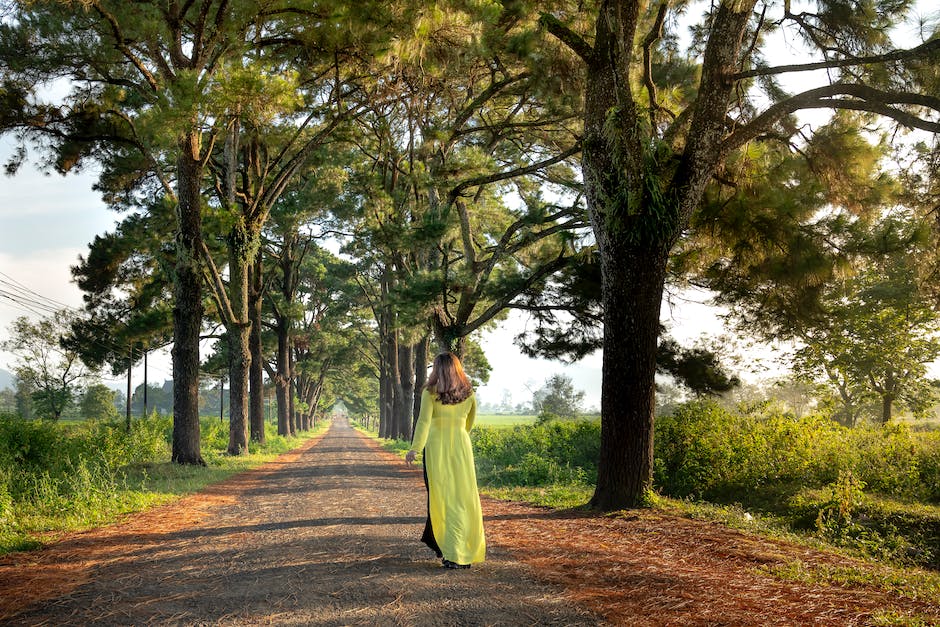
When traveling to a foreign country, it is essential to research the local customs regarding dress. In some countries, modest dress is essential, meaning no shorts, sleeveless tops, or miniskirts. In contrast, others may be more flexible, but it is still respectful to dress appropriately. For example, if you are visiting a Muslim country, covering your head and avoid being exposed is considered modest. Use good judgment when packing and remember that you are representing your home country. It’s best to dress in a way that’s comfortable and considerate of the culture and people around you.
Learn the Local Language and Customs

Before your trip, take time to learn about the local customs and language. This will demonstrate respect for the people and their culture. Even learning a few basic phrases in the local language will be appreciated by locals. Learning about cultural quirks is also part of this. For instance, if you’re invited to dinner at a Japanese person’s house, bringing a gift is customary. Learning about these customs beforehand is essential, and it enhances your experience when traveling.
Be Careful About Taking Photographs

Photography can be a sensitive issue in some cultures. In some communities, taking photographs reduces the significance of a location, event, or dish or is considered sacrilegious. Therefore, it is best to ask permission before taking a photo or refrain from doing so entirely. This will minimize misunderstandings and preserve the respect that you want to show as a guest. Additionally, some cultures view taking pictures of people as invasive, and it’s better to avoid taking photos of strangers without permission.
Respect the Local Customs of Interaction
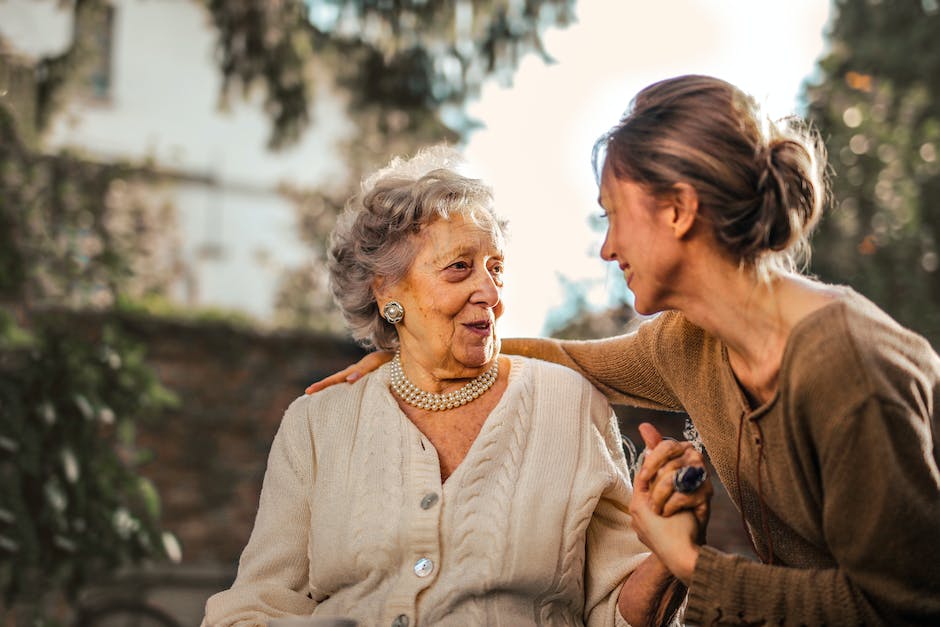
To avoid conflict with locals, it’s best to learn the local customs of interaction. In some cultures, avoiding eye contact is essential, and it’s deemed disrespectful to do so. Conversely, some communities emphasise the use of titles, and, in others, first names are acceptable. Learning about these nuances will make your stay a smooth and positive experience. It’s important to show interest in the local culture and make an effort to understand it while also being respectful.
Be Respectful of the Local Religious Customs

If you’re traveling to a heavily religious region, be aware of the particular customs around religion. Travelers should learn about the customs and avoid doing anything that may come off as inappropriate or sacrilegious. For instance, if it’s Ramadan, it’s better to avoid eating or drinking in public during the day in some Muslim countries. Try to minimize any discomfort that you might cause when attending a religious ceremony or partaking in any religious customs.
Observe Social Etiquette When Dining

When it comes to social etiquette in different cultures, dining is a part of a region’s everyday customs. Learning about the food culture, including common dishes, serving styles, and mealtime patterns, will help you to appreciate the local traditions even more. Also, wait to be invited to start eating and sharing dishes where you are. Observing social etiquette in a foreign country’s restaurant scene can go a long way in creating positive and memorable experiences. For instance, in Japan, slurping noodles is acceptable, but in some other cultures, it can be deemed as impolite.
Be Open to New Experiences

Traveling can be exciting, but it can also be challenging, especially when you encounter something new. However, being open to new experiences can lead to unexpected adventures and memories. Give yourself the opportunity to explore and learn, immerse yourself in a new culture and all that it has to offer. Trying out new things is an excellent opportunity to learn about a new culture and grow as a person.
Know Your Surroundings
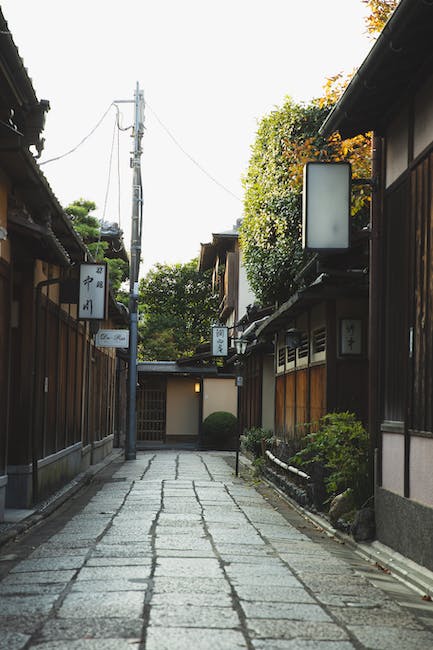
Before venturing out to explore a new place, it is helpful to do some research on your destination. You can use maps or apps to explore your destination’s street layout and highlight areas you should avoid. Additionally, you can ask locals about the areas to avoid, especially at night. Knowing your surroundings also involves being aware of your belongings and keeping them safe. For solo travelers, safety is critical, so it’s best to be vigilant at all times.
Avoid Politics and Controversial Topics
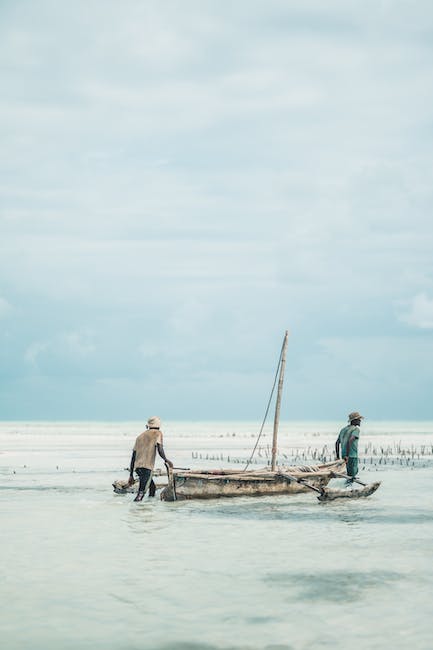
Some topics and conversation starters could be viewed as controversial, depending on the culture that you are in. While it’s natural to be curious and want to learn about the people you’re interacting with, it’s best to stay away from overly sensitive topics. Controversial subjects may include politics, religion, and sexuality. It’s essential to be respectful and sensitive to the values of local communities, and veering into controversial areas can be inappropriate and controversial.
Stay Connected With Loved Ones
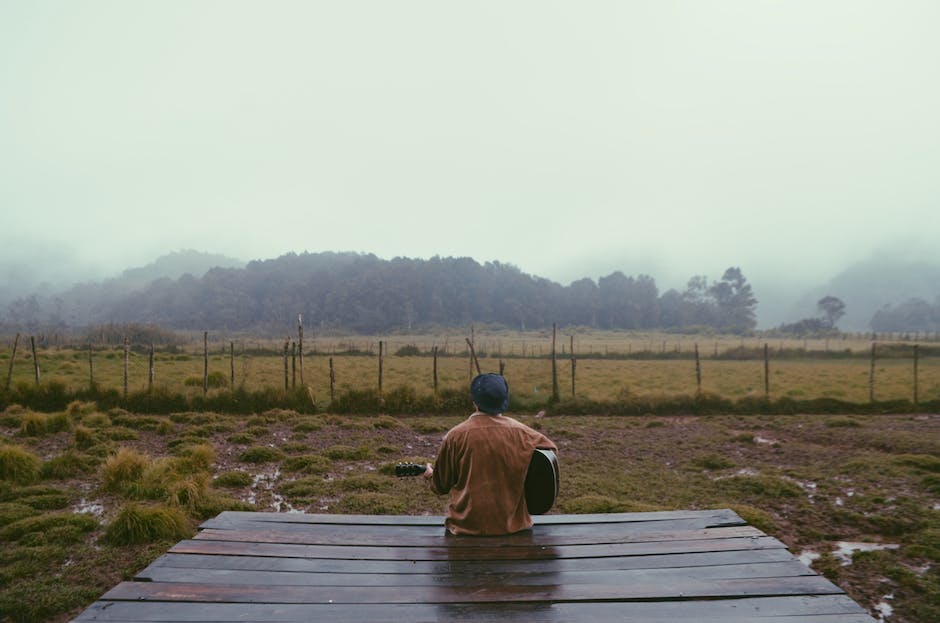
Traveling alone can be exciting, but it can also be lonely, especially if you’re traveling for an extended time. Exploring an unknown place can bring unpredictable experiences, but at times it can be scary. To stay safe and connect with loved ones back home, consider investing in a local SIM card and purchasing a data plan to stay connected. Whether it’s texting country codes, calling someone, or sending photographs, these small interactions go a long way in making you feel supported and secure. You can also consider sharing your itinerary with your loved ones and reaching out to your embassy if you need urgent assistance.

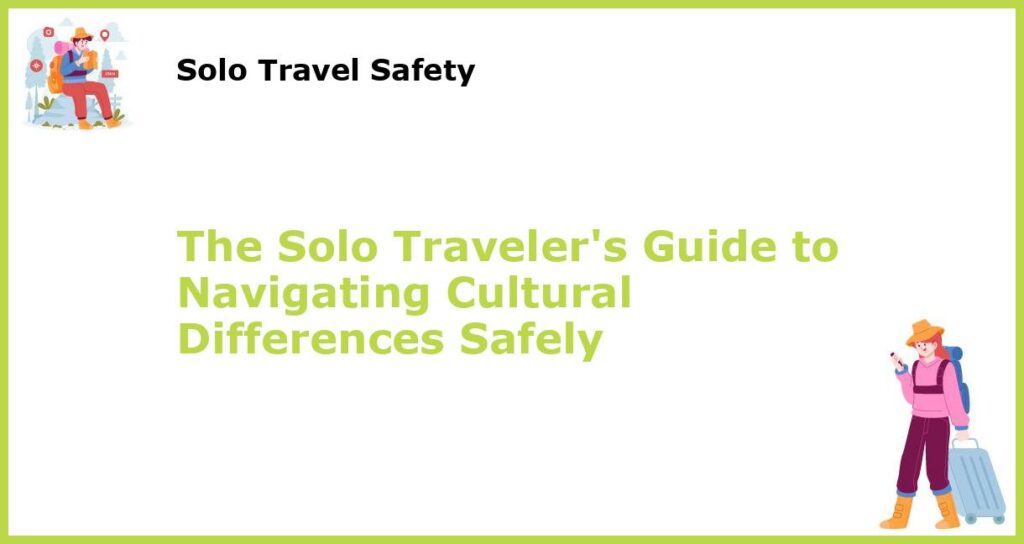






 You might also be interested in those articles related to solo traveling
You might also be interested in those articles related to solo traveling